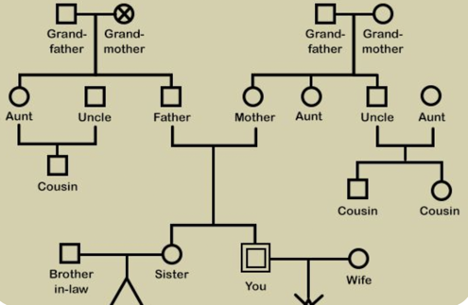Infertility and miscarriage are among the most painful and isolating experiences a person or couple can face. The grief is often invisible, the questions feel unending, and the path forward can seem uncertain and lonely. If you’re walking through this season, whether individually or as a couple, you are not alone, and your pain matters.
Understanding Infertility
Infertility is typically defined as the inability to conceive after a year of regular, unprotected intercourse (or six months for those over 35) (WHO, 2024) . But beyond the medical terms and timelines is a deeply emotional journey. The constant cycles of hope and disappointment, the strain it can place on relationships, and the feelings of confusion, guilt, or shame can take a profound toll.
For many, this season includes medical treatments such as IUI, IVF, or hormone therapy; each with its own physical demands and emotional impact. The process can feel clinical and vulnerable all at once, leaving little room to process the personal and relational layers of grief, hope, and uncertainty.
The Silence Around Miscarriage
Miscarriage is the loss of a pregnancy before 20 weeks and is heartbreakingly common (1 in 4) , yet rarely spoken about openly. The emotional pain of losing a child, no matter how early, is real and valid. Yet many feel pressure to keep their grief quiet, especially if the pregnancy wasn’t publicly shared.
You may be left with unresolved feelings, unanswered questions, and a sense that your grief is “invisible” to others. But there is no timeline for healing, and no right or wrong way to feel.
The Emotional Landscape
Whether you’re trying to conceive, undergoing treatment, or grieving a loss, it’s normal to experience a complex mix of emotions, including:
Grief for what might have been
Shame or guilt, even when logically you know there’s no fault
Anger toward your body, your circumstances, or even toward God
Anxiety about the future or ongoing treatment
Isolation, especially if those around you don’t fully understand
This journey can stir up deep questions of identity, meaning, and purpose. It can also affect communication and connection in relationships in ways that feel hard to name or navigate.
Counseling Can Help
Counseling offers a space where you don’t have to carry this alone. You can come as you are; tired, confused, angry, grieving, hopeful, or numb and be met with compassion and care. Whether you’re navigating this season individually or with your partner, therapy can help you:
Name and process grief and loss
Explore identity, faith, and meaning amid uncertainty
Strengthen communication and emotional connection in your relationship
Develop tools for navigating medical treatments and decision-making
Make room for both sorrow and hope as they often coexist
This isn’t about fixing or forcing positivity. It’s about honoring the full truth of your experience and finding steady ground, one step at a time.
You Are Not Alone
If you are walking through infertility, miscarriage, or the complexities of treatment, your story is worth honoring. There is room here for your questions, your grief, your hope, and everything in between. You don’t have to carry it by yourself.
Reference: World Health Organization. (2024 May). Infertility.
Author
Clayton Aker, MS Student Intern Therapist























